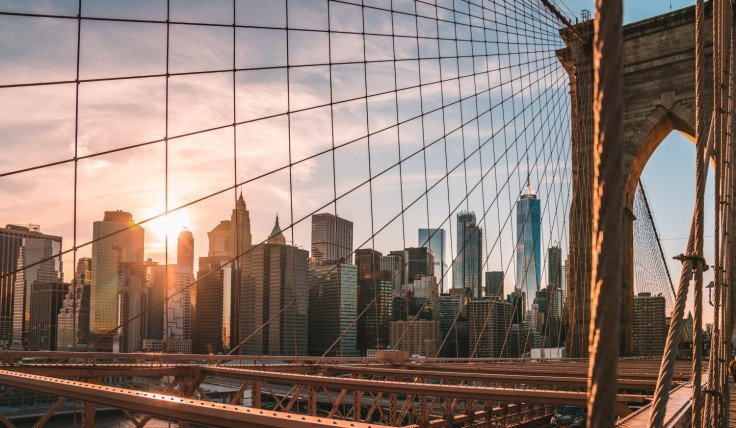
Ahead of Labour Day each year, NGO Oxfam releases research cataloging the states that are the best and worst states for workers.
Considering wages (40% of overall score), worker protection (35% of overall score) and the right to organize (25% of overall score), the plainly titled Best and Worst States to Work in America report is based on laws and policies in effect as of 1st July 2023.
Methodology
Using the MIT Living Wage Calculator, the report looks at the ratio of the state minimum wage in relation to the cost of living for a family of four, with one wage earner. It also considers average unemployment payments, farmworker minimum wages, whether the state allows localities to implement their own minimum wage laws, and ratios of tipped to state minimum wage.
Under Worker Protection Policies, Oxfam looks for mandated paid pumping breaks for breastfeeding workers, mandate for equal pay and pay secrecy, paid sick and family leave, flexible scheduling, protections against sexual harassment, protections for federally excluded workers (including farm and domestic works), child labor protections, and heat safety standards.
Lastly, under Right to Organize, suppression of union activity under the "right-to-work" law was considered, as was statewide public employees' right to collective bargaining and wage negotiation, mandates for project labor agreements with state government, and mandates for protection against retaliation.
1. California
In first place is The Golden State, which scored 86 out of 100. It has strong unemployment benefits, minimum wages, and is one of the only states with a heat standard for outdoor workers.
Of course, for tech workers, California is home to Silicon Valley and some of the largest and most progressive companies in the world including Adobe, Google and PayPal--not to mention some of the country's leading colleges.
Every week, exciting CA jobs are added to the Tech Times Job Board.
2. Oregon
Neighboring Oregon follows closely behind in the labor index, taking second place. The Beaver State also has lower income tax rates, making it more appealing for workers with higher incomes, and lower sales tax and property tax bills, compared to California.
Of course, depending on where you are in the expansive Golden State, property prices will vary hugely but even Portland will compare favorably with most of California, as will childcare and transportation costs.
Based in Portland, but open to remote workers anywhere in the continental U.S., Farther, a wealth management platform, is hiring a SVP / VP Financial Advisor to grow its client base and manage client wealth. Visit the job board for more information.
3. District of Columbia
Scoring 82 out of 100, D.C. comes in third, and is part of the nation's largest metropolitan economies. There's plenty of investment in the city, and job opportunities constantly arise across tourism, entertainment and of course, government.
However, on the Best States for Working Women Index, D.C. only comes in twelfth, at just 62 out of 100, and complaints of sexual harassment are well documented in city government.
4. New York
Unlike California, New York does not provide heat safety standards for outdoor workers, which isn't a concern for most tech workers. But there is also no mandated requirement for advanced notice ahead of shift scheduling or flexible scheduling of worker shifts, which can affect roles in programming and systems support.
Otherwise, The Empire State scores pretty highly and is home to a whole host of well-known tech leaders like AT&T, Adobe, Salesforce, Greenhouse Software, Asana, Etsy, Kforce and Slack.
Enticing New York jobs are uploaded to the Tech Times Job Board weekly, including this Security Architect role at Bloomberg. The successful candidate will provide security for on-premise environments and cloud-based digital platforms, playing a central role in protecting the organization's data.
5. Washington
The Evergreen State places fifth in the Oxfam analysis. Similar to many states, Washington doesn't offer shift regulation, and does not mandate pay reporting or "call-in" pay by employers. Seattle is home to the tech companies Amazon and Microsoft, as well many scaling organizations and start-ups.
Currently the FBI are inviting cyber and IT professionals to consider using their skills as a special agent, but only if you are between 23 and 37 years old. Predictably, not much information is available upfront, but applicants can find out more by applying via the Tech Times Jobs Board.









